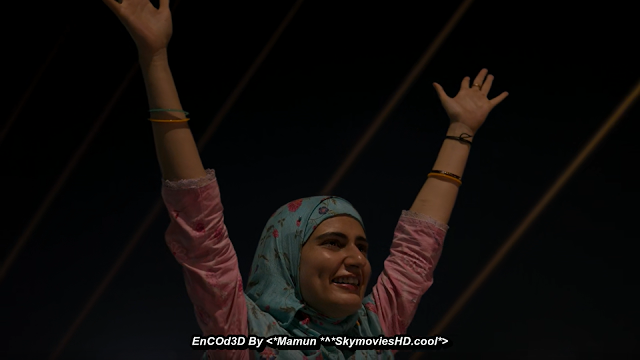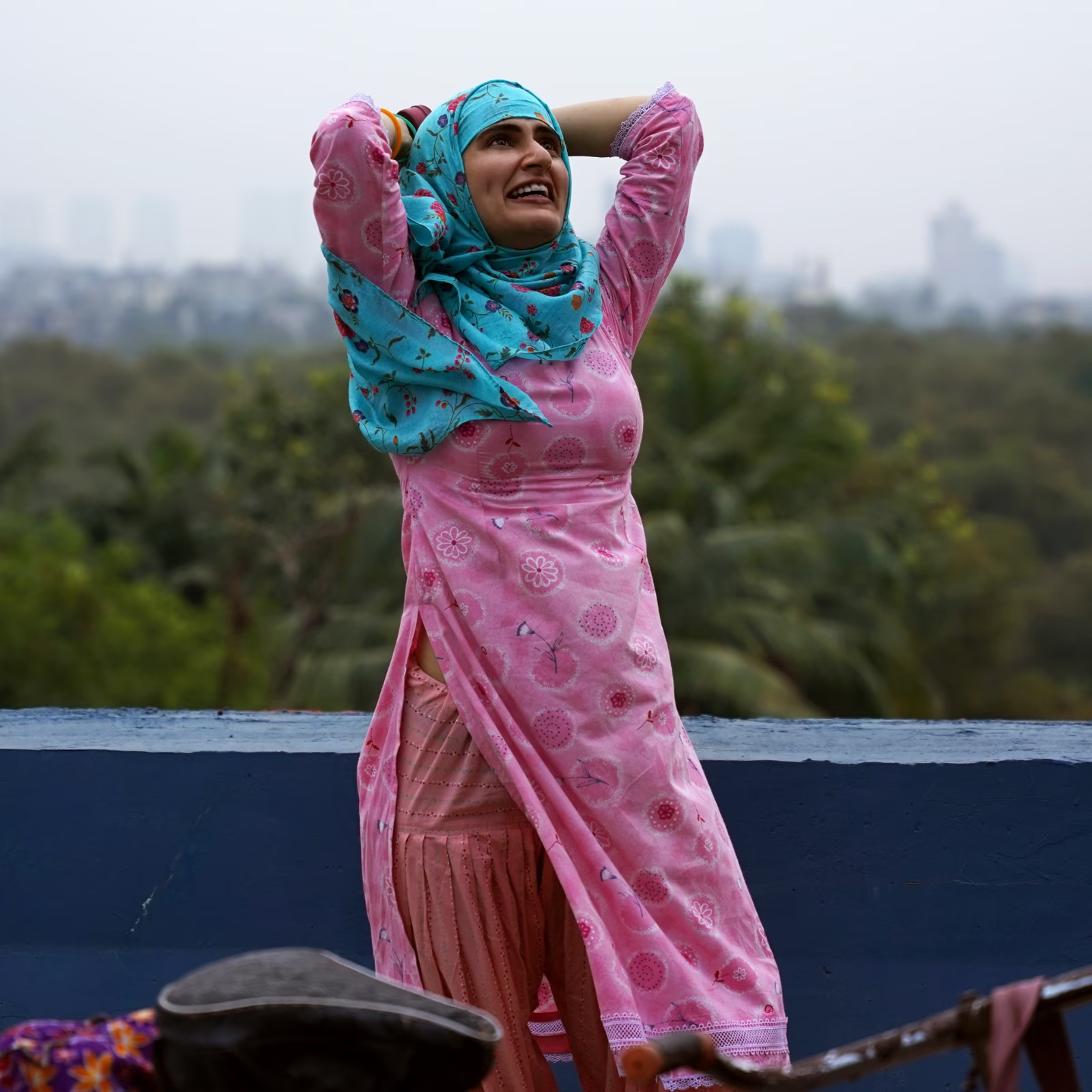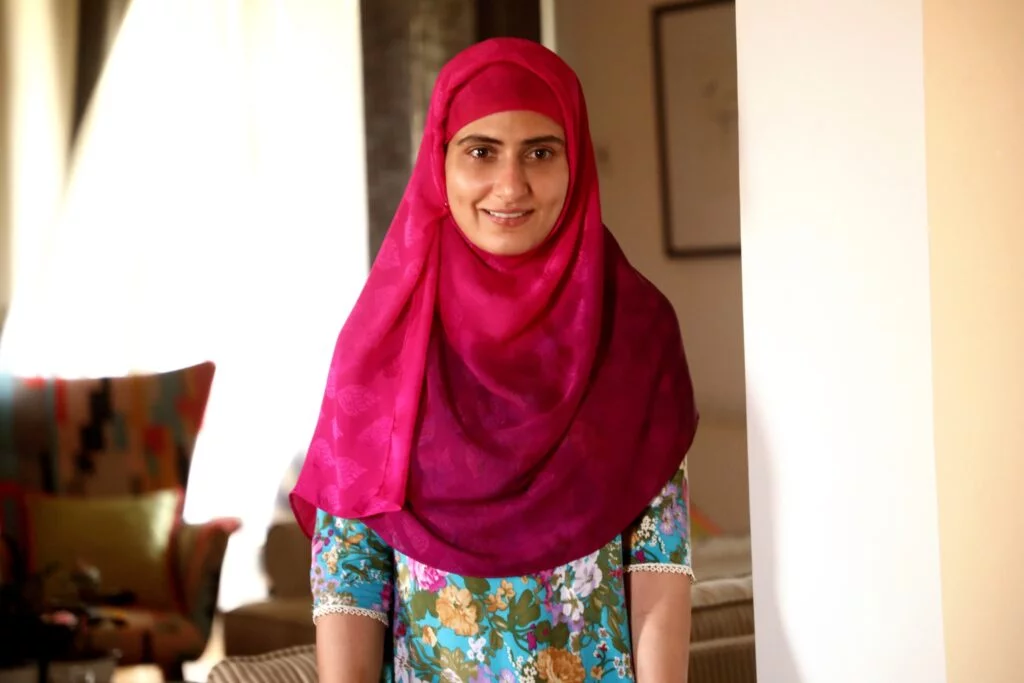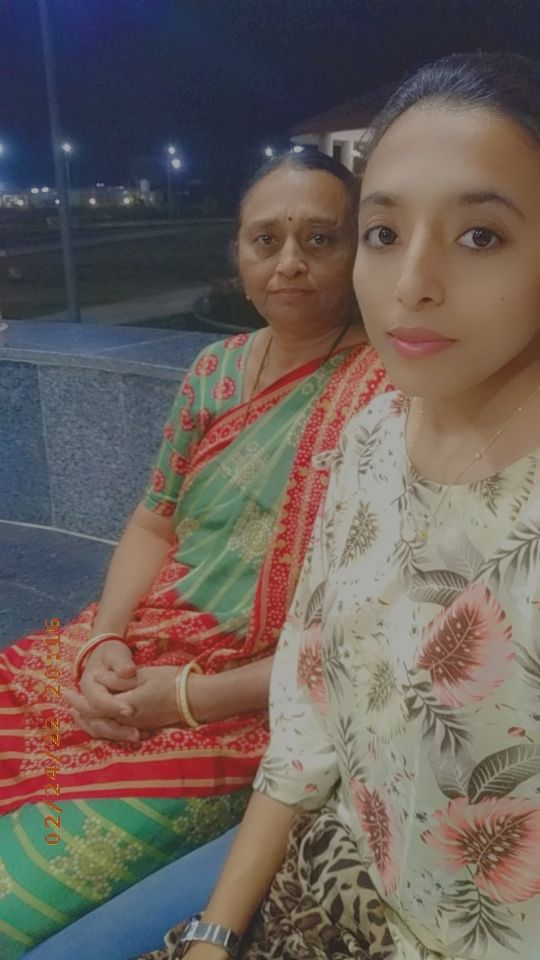Welcome to my blog,
This blog is part of our study. This Thinking activity is based on "Raat Rani" Modern Love Mumbai - Introductory blog for discussion of "Independence" and was assigned by Vaidehi Ma'am Department of English MKBU. In this task, I am going to discuss my point of view and try to answer the questions that were asked us through this task.
India gained its independence from British colonial rule on August 15, 1947. This historic event marked the end of nearly two centuries of British rule in the Indian subcontinent. Women's independence in India has seen significant progress over the years.
"Raat Rani" Modern Love Mumbai
Director - Shonali Bose
Writers - John Belanger, Devika Bhagat, Nilesh Maniyar
Stars - Fatima Sana Shaikh, Bhupendra Jadawat, Dilip Prabhavalkar
The series spinoff has set its eye on Indian cities and the love stories blossoming amidst the bustling metropolitan cities. Modern Love: Mumbai is the first installment of the series. Raat Raani is an invigorating film that almost comes as a surprise. It is astounding what the director does with her story which revolves around a woman whose husband suddenly leaves her with a lone cycle.
The filmmaker makes a socio-political commentary as she reimagines her protagonist Lali as a woman of Kashmiri descent and builds a story of female emancipation around her. It's amazing how Shonali Bose gives the nearly 20-minute-long episode a cyclical element as the story ends at the same location where it began.
Raat Rani opens against the backdrop of dusk and the Bandra-Worli sea link where Laila and her husband are enjoying the sea breeze. She is all dreamy unfortunately she gets a rude wake-up call with her husband's sudden departure with a small note saying he's bored of the marriage and is thus walking out.For the next ten minutes, Lali broke down sobbing uncontrollably or getting enraged thinking of her husband Lutfi walking out on her. Amidst all of it, she is struggling to mend the cycle, the collapsed roof of her home as she waits for him to return until the day she finally crosses the flyover.
Shonali Bose explicitly shows the turmoil she goes through with Lutfi's desertion through her struggle with the old cycle she now has to use to commute. As the story progresses, Lali eventually learns how to get control over the cycle and climbs up a flyover as well which indicates that she has also moved on from the emotional turmoil and is now ready to live a life anew.
Fatima Sana Shaikh's performance as Lali makes up for the half-baked roles she did after her debut film Dangal. Bose's film Raat Rani is the perfect playground where Shaikh got to display the talent she has. She like her character is uninhibited which makes the film even more delightful to watch.
1. List down the contradictory symbols you observed in the episode “Raat Rani”.
Lali also crosses the Sea Link, where two-wheelers are forbidden. It is in defiance of all the forced rules that society put on her. She has crossed the flyover, surpassing everything she was told not to do.
In this frame, we see the start of the episode on the flyover scene. and end with also flyover.
2. Which is your favorite symbol from Raat Rani? Why?
This scene is when she is alone. The film uses this flyover as a symbol of her emancipation. Like Rani (Kangana Ranaut) in Queen, she goes to thank her husband for leaving her because, otherwise, she would have been sleeping all her life.
3. Which is your favorite frame from the episode? Why?
Lalzari, tired of being shackled her entire life, finally breaks free and learns to embrace life to the fullest.
All these frames are my favorite. because all frames saw the happiness of Lali as an independent and happy woman.
4. Compare and write a note on all the women characters from Raat Rani.
Lali comes off as an innocent Kashmiri Muslim Woman, donning a Hijab and working as a servant and nanny in the home of two married women, Ray and Avantika. However, from the beginning, her short-tempered and easy-going temperament demonstrates the disregarded potential she has to suppress her obstacles single-handedly.
Lali is compelled to endure the battles she is not prepared to combat when her husband abandons her after titling their relationship as “boring.” At the core of the episode lies this rift between Lali’s unrealized potential and her hesitance to break the shackles. It is reflected that the two apparently made Lali’s family angry as Lutfi belonged to a lower caste and the two had a love marriage.
Lali is initially devastated and to amplify her troubles, even more, the roof of her small cemented house collapses, to which she replies that it is useless to get it mended as Lutfi is not there anymore. The makers explicitly yet concomitantly exhibit the struggle she had to face while learning how to ride a bicycle to commute to the metropolitan city.
As the story moves on, Lali eventually learns how to ride it and even crosses the flyover with it, reflecting that she has healed from the emotional turmoil and is willing to start her life once again but on her own terms. She also starts selling Kahwa or Kashmiri tea to earn some extra money.
The characters of these three women are different from the main character Lali. because they all are always fighting with men. and one woman always fights with his husband.
5. “Courage is Contagious” – Give an example of this from the episode.
"Courage is contagious" is a simple but profound concept. It means that when one person demonstrates courage in the face of adversity or fear, it can inspire others to do the same. Courage has a ripple effect, and the actions of a courageous individuals can motivate and empower those around them.
In this episode, Lali's character is also courageous. When her husband left her she didn't give up but she saw her courage and she decided to live alone and climb her own flyover by her own self. She inspired us a lot because she proved that women can also live independently.
6. Share a picture of yours with a woman who is your source of courage. Give a creative title to it.
Mother
The best mother and best friend who always provided me the courage for everything. She always provided emotional support, guidance, and love. The bond between my mother and me is unique and she often serves as a wellspring of inspiration and strength. My loving and supportive mother always played a significant role in shaping my ability to be courageous and face life's challenges.
Sister















No comments:
Post a Comment